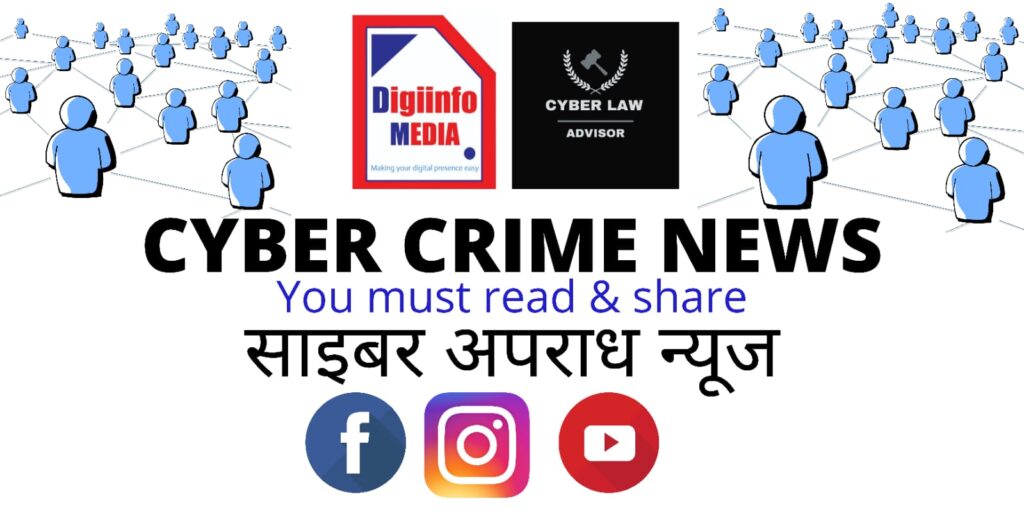
CYBERSPACE
Cyberspace. A consensual hallucination.
By Shrutika:-
The continuous evolution of components of information and communications technology (ICT); advances in the underlying digital components (core electronics) and the corresponding reduction in costs suggest that the Internet is increasingly becoming more readily available and accessible worldwide. The outcome is that more and more people around the globe will ultimately rely on the effective functioning of the Internet to survive and prosper. This suggests an unremitting upsurge of the population of cybercitizens globally.
As the industrial revolution bifurcated the world, so also is the level of exploitation of the vast opportunities on cyberspace bifurcating nation states. This is simply due to the fact that traditional activities of all sorts are increasingly shifting to this new domain. Certainly, cyberspace has become a new focal point for innovations, enterprises, social networking, criminality and warfare. These factors are reshaping and redefining a new world. Most countries that have recognized cyberspace as the fifth domain, have, equally elevated their perception of the domain as an abstract virtual space to a more concrete space with ‘physical boundaries’.
When Internet was developed, the founding fathers of Internet hardly had any inclination that Internet could transform itself into an all-pervading revolution which could be misused for criminal activities and which required regulation. Today, there are many disturbing things happening in cyberspace. Due to the anonymous nature of the Internet, it is possible to engage into a variety of criminal activities with impunity and people with intelligence, have been grossly misusing this aspect of the Internet to perpetuate criminal activities in cyberspace. Hence the need for Cyberlaws in India evolved and they include the following:
Section 65 – Tampering with computer Source Documents
A person who intentionally conceals, destroys or alters any computer source code (such as programs, computer commands, design and layout), when it is required to be maintained by law commits an offence and can be punished with 3 years’ imprisonment or a fine of 2 Lakhs INR or both.
Section 66 – Using password of another person
If a person fraudulently uses the password, digital signature or other unique identification of another person, he/she can face imprisonment up to 3 years or/and a fine of 1 Lakh INR.
Section 66D – Cheating Using computer resource
If a person cheats someone using a computer resource or a communication device, he/she could face imprisonment up to 3 years or/and fine up to 1 Lakh INR.
Section 66E – Publishing private Images of Others
If a person captures, transmits or publishes images of a person’s private parts without his/her consent or knowledge, the person is entitled to imprisonment up to 3 years of fine up to 2 Lakhs INR or both.
Section 66F – Acts of cyberterrorism
A person can face life imprisonment if he/she denies an authorized person the access to the computer resource or attempts to penetrate/access a computer resource without authorization, with an aim to threaten the unity, integrity, security or sovereignty of the nation. This is a non-bailable offence.
Section 67 – Publishing Child Porn or predating children online
If a person captures, publishes or transmits images of a child in a sexually explicit act or induces anyone under the age of 18 into a sexual act, then the person can face imprisonment up to 7 years or fine up to 10 lakhs INR or both.
Section 69 – Govt.’s Power to block websites
If the government feel it necessary in the interest of sovereignty and integrity of India, it can intercept, monitor or decrypt any information generated, transmitted, received or stored in any computer resource. The power is subject to compliance of procedure. Under section 69A, the central government can also block any information from public access.
Section 43A – Data protection at corporate level
If a body corporate is negligent in implementing reasonable security practices which causes wrongful loss or gain to any person, such body corporate shall be liable to pay damages to the affection person.